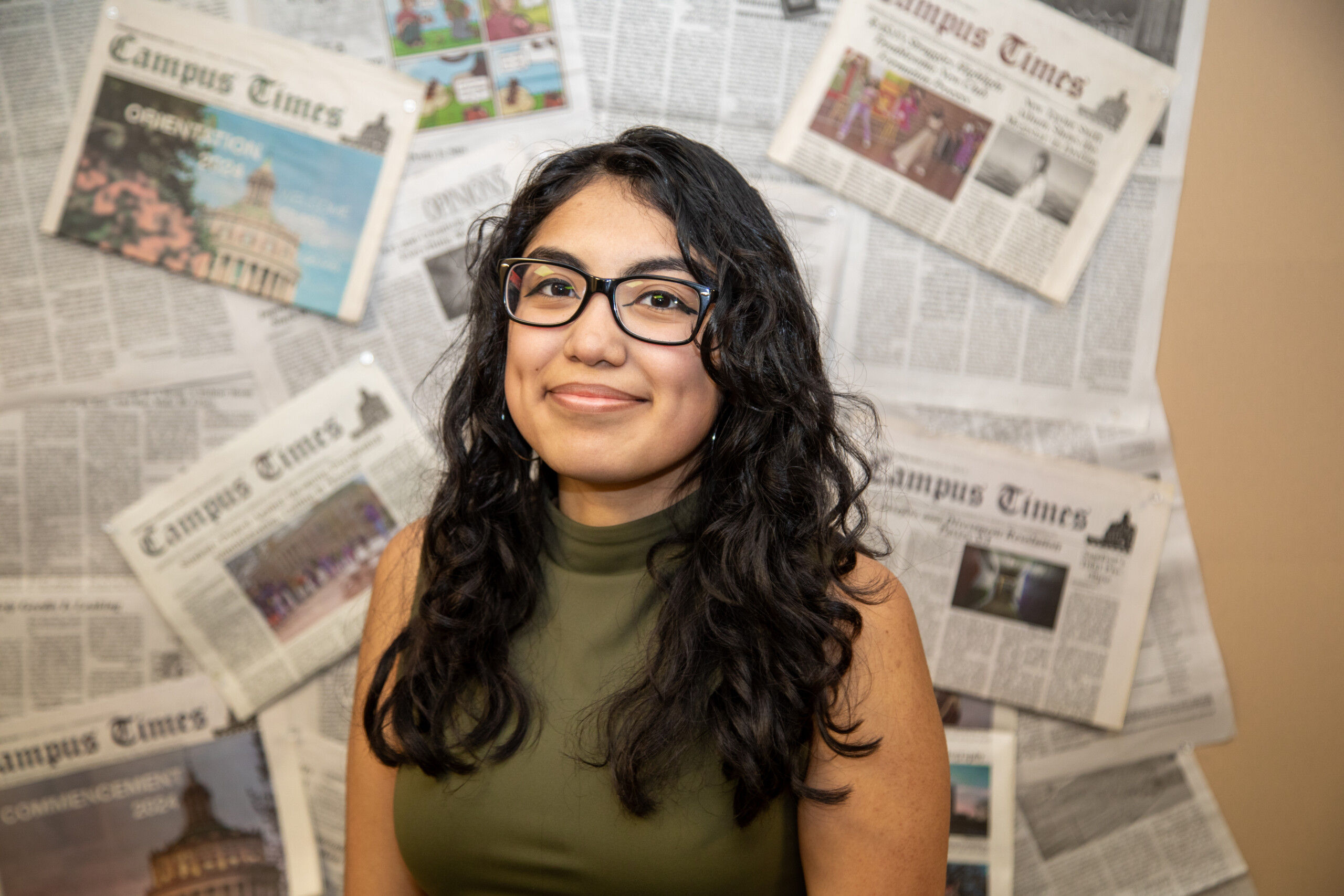The University Counseling Center (UCC) offers a series of different group therapy programs, either process-oriented groups or structured, skills-based groups, for undergraduate and graduate students.
This semester, UCC introduced a new structured, skills-based group: the Writing Anxiety Group that meets weekly on Mondays from 1:30-3:00 p.m.
Group facilitator Matthew W. Bayne explained, “Students often seem overwhelmed by writing. I hope that this group can help those who feel that writing is not for them or that they are not ‘good writers’ feel more secure in their academic writing.”
Bayne is currently working as a Counseling Intern for UCC but is also an Associate Professor in the University’s Writing, Speaking, and Argument Program (WSAP). Creating this group allowed him to combine his passion for mental health and writing.
The program is centered around combating anxieties using Cognitive Behavioral Therapy (CBT), mindfulness practices, and exercises adapted from Cynthia A. Arem’s “Conquering Writing Anxiety (2010).”
The weekly sessions include talk and practice-based approaches focused on writing and mindfulness techniques. Groups typically contain between six to eight members.
Students are required to be referred to a group either with a consultation with their current therapist at UCC or an initial assessment with a counselor, which typically lasts around 45 to 50 minutes, to determine if the group is a correct fit. Participants are encouraged to attend as frequently as they choose.
Depending on interest, Bayne plans on running this group next semester as well. Any interested student may email mbayne@ur.rochester.edu with any questions.



